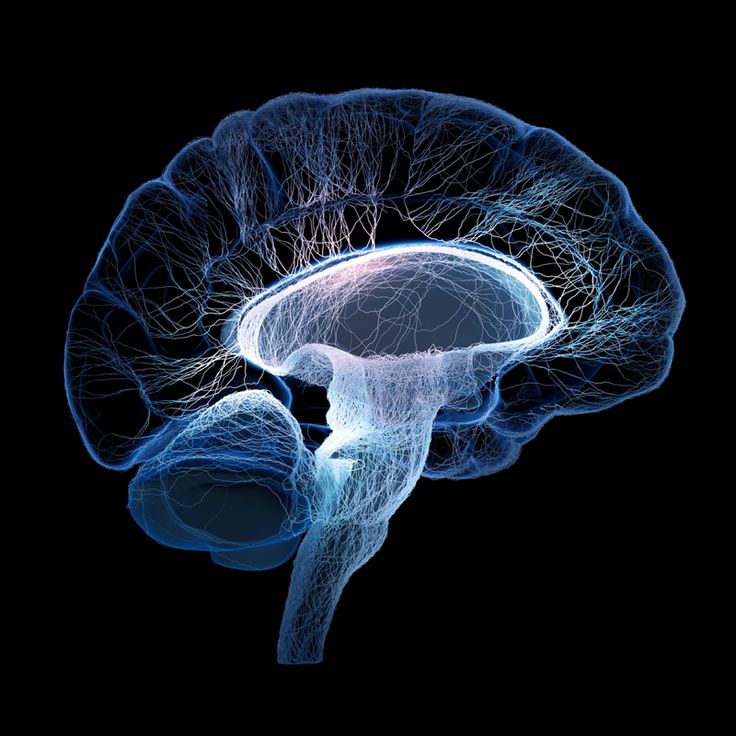Rewiring Dysfunctional Brain Circuits With State-of-the-art Mechanisms and Approach

If you do anything satisfying or pleasurable, the brain immediately responds to it and gets activated in such a manner that inspires you to repeating the job. The activities performed by human being such as intake of foods, water or other daily activities stimulate the pleasure circuit of brain and nervous system. In the same way, intake of alcohol and drugs that are mostly addictive can trigger the brain’s ‘reward’ circuit and make a person addictive in due course of time.
Biological evidences show that drugs like heroin, cocaine, Methamphetamine or identical substances are likely to block receptors and effect on natural neurotransmitter located in the brain. Eventually, it alters the way the pleasure circuitry performs and affects the normal functioning of the brain. According to the version of the notable neuroengineer and scientist Dr. Curtis Cripe that prolonged use of drug changes the fundamental wiring systems of a human brain significantly and destructively in sort and long terms. The most scary thing is once become addicted it is extremely challenging for an individual from kids to adults to get rid of their disparaging obsession.

If your loved teen daughter or young son has been detected to have drug obsession, you should immediately get in touch with Dr. Curtis or his team members in the NTL Group, Scottsdale, Arizona. Equipped with a core team of psychotherapists, drug analysts, neuroscientists and his great inventions like NeuroCodex and NeuroCoach the team will work on finding the changing brain waveforms and neuro-feedback for necessary repairing of brain’s dysfunctional areas. During the procedure session, the therapists monitor brain activity by applying differ sensors available in NeuroCodex. Depending on the criticality of the case, the process typically continues demanding numbers of sittings while the reward circuit can effectively be repaired bringing change in the addiction pattern.
Throughout his professional life in Neuroengineering Curtis Cripe has undergone comprehensive research sessions based on newest concepts completely different from the traditional ideas and obtained biofeedback to successfully address varieties of psychological, emotional and neurological problems reported in individuals. He is the foremost neuroscientist who has developed revolutionary therapeutic and training courses to rehabilitate brain centric disorders, neurodevelopment impediments and solutions to drug addictions.
Backed by a multidisciplinary expertise area including engineering, bioengineering, psycho-physiology, neuroscience apart from aerospace engineering he is now positioned as the Head R&D cell at NTL headquarters. His other great creation is Crossroads Institute offers rehabilitation services and solutions to hundreds of thousands of sufferers of mental disorders caused by brain injury like stroke, depressive disorder, drug addiction or other neuro-development issues.
Before obtaining specialization in behavioral medicine and neuroscience Dr Curtis Cripe was associated with NASA’s Jet Propulsion Lab as senior systems engineer. During his involvement with JPL, he contributed a lot in its planetary exploration programs. Among them his active part in the global project intended to Mars landing in 1970 is still remembered by JPL community. He also served for at Department of Defense service provider TRW Inc, for quite something in its Software development Cell. Dr. Curtis holds his PhD. as well as Master’s degree in the area of health psychology and behavioral medicine. He is also supported by graduation in aerospace engineering from California’s State Polytechnic University.
